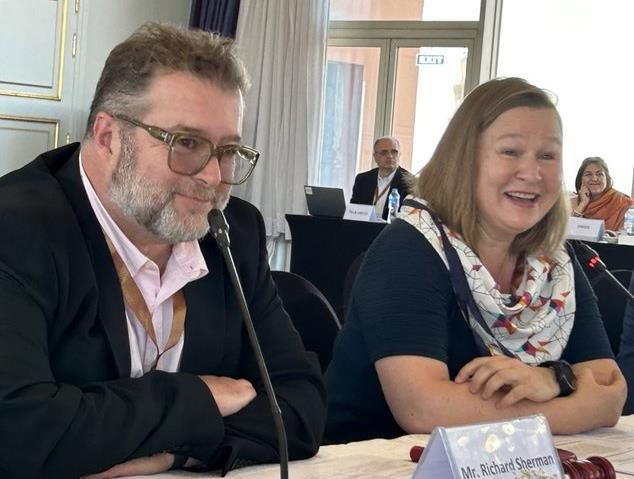In a landmark move signaling global commitment to biodiversity, the delegates to the United Nations Biodiversity Convention concluded the 15th meeting of the Conference of the Parties (COP 15) in Nairobi, Kenya, with a decisive shift from agreement to action.
Under the theme “Ecological Civilization: Building a Shared Future for All Life on Earth,” the conference saw participation from over 190 nations, where representatives pledged to enhance actions to prevent biodiversity loss, address climate change, and ensure sustainable development.
The meeting culminated in the adoption of the Nairobi Action Plan, a comprehensive and ambitious roadmap to safeguard the planet’s rich biodiversity.
The plan aims to halt biodiversity loss by 2030 and commits to a 30% increase in protected areas worldwide by 2025, among other targets.
Speaking on behalf of COP 15 president Huang Runqiu, Zhou Guomei said, “Adoption of the historic Kunming-Montreal Global Biodiversity Framework, is a victory for multilateralism with the United Nations at its core, and a victory for global biodiversity governance. With the joint efforts of all parties, the COP 15 has come to a successful conclusion.”
David Cooper, Acting Executive Secretary of the Convention on Biological Diversity, said the closure of COP 15 and the election of officers shows that governments have moved from agreement to action.
“The historic and ambitious Kunming-Montreal Global Biodiversity Framework is well and truly on the way to implementation.
“This is no longer just about reaching agreements. It is about taking the necessary steps to ensure the survival and prosperity of all life on Earth.
COP 15 also saw the ratification of the Global Biodiversity Framework. This framework outlines concrete actions for governments, businesses, and civil society to ensure the protection and sustainable use of biodiversity. It sets the strategic direction for biodiversity conservation for the next decade and beyond.
Governments nominated and elected the following members of the bureau for COP 15, who would serve a term from the end of the 15th meeting of the Conference of the Parties to the Convention on Biological Diversity until the close of the sixteenth meeting of the Conference of the Parties: Hlobsile Sikhosana (Eswatini), Abderahman Zino Izourar (Algeria), Krishneel Nand (Fiji), Somaly Chan (Cambodia), and Gillian Guthrie (Jamaica).
Others are, María Teresa Becerra Ramírez (Colombia), Norbert Bärlocher (Switzerland) , Eric Schauls (Luxembourg), Teona Karchava (Georgia) and Angela Lozan (Republic of Moldova).
Ms. Senka Barudanović (Bosnia and Herzogovina) was elected as Chair of the Subsidiary Body on Scientific, Technical and Technological Advice and Mr Shri Reddy (India) was elected as Chair of the Subsidiary Body on Implementation, both for a term of office commencing at the end of the fifteenth meeting and ending at the close of the sixteenth meeting of the Conference of the Parties.
As Bosnia Herzogovina is not a Party to the Nagoya Protocol, Jan Plesnik (Czechia) was elected substitute for these issues.
Elections for substitutes for any elected Bureau member who is from a country that is not a Party to the Nagoya Protocol were also held.
The date and venue for the meeting of the next UN Biodiversity Conference, which will include COP 16, COP-MOP-11 and COP-MOP-5, are still to be determined.
Türkiye, which was originally expected to hold the meeting, announced withdrawal of its offer to serve this role, due to force majeure, resulting from the disastrous earthquakes earlier this year.
Discussions are taking place with potential hosts. In the event that no host is identified, the meetings will be held in Montreal, Canada, at the seat of the Secretariat.
By Dare Akogun








